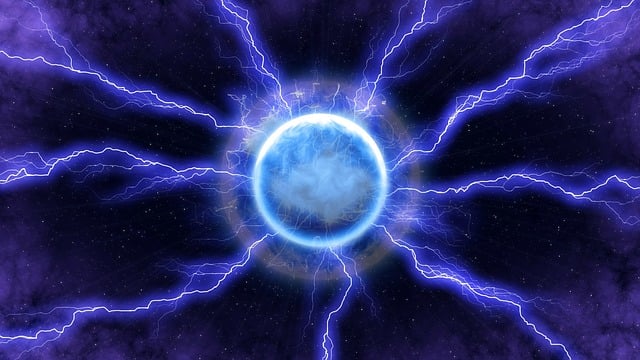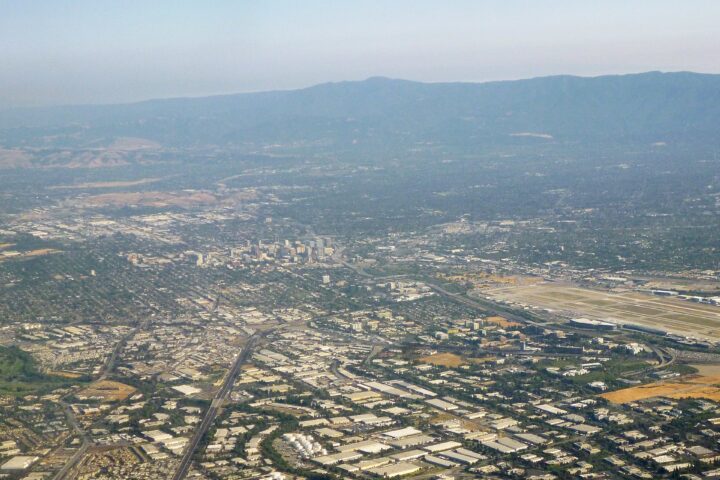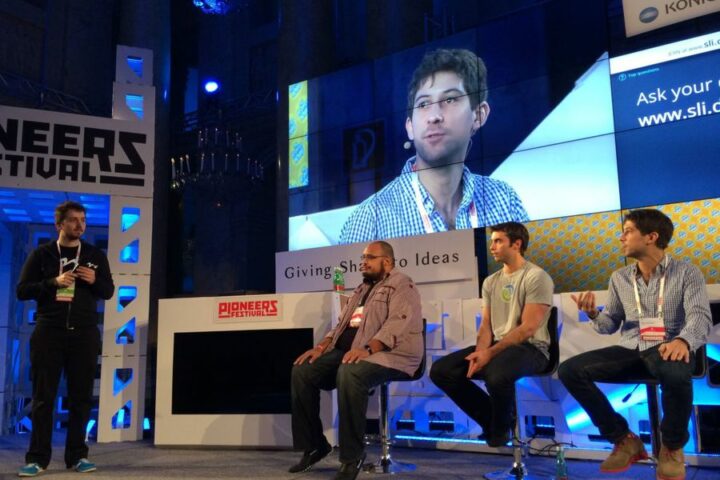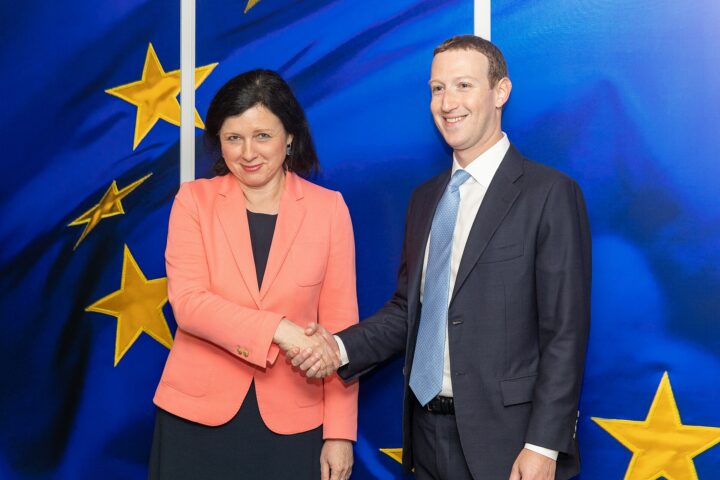For the first time ever, scientists have been able to capture solar power in space and transmit it to Earth, Endgaget reports. The concept of space-based solar power is an old one, going back to Isaac Asimov’s works of fiction, but it had remained theoretical. Now, scientists from Caltech have achieved the impossible, collecting solar power from their satellite, converting it into energy, and beaming it back to their campus roof through microwaves.
This wireless energy would revolutionize renewable energy, which generally produce much less than fossil fuel or nuclear energy. With eventual scaling, this technology could actually be competitive with fossil fuels and allow the global economy and people’s standards of living to continue to rise. Japan, bereft of domestic energy sources, has plans to roll out this technology by 2025. Wireless transmission of energy on earth itself could revolutionize society further by untethering it from costly and vulnerable wired infrastructure.
The technology has wider implications for society. While solar energy on earth is adequate for small projects, it has unreliable energy capture due to cloud cover and nighttime. With these satellites, unlimited solar energy could be captured and beamed to any part of the globe provided receptors were in place, reducing geopolitical questions linked to fossil fuel deposits.










This is all well and good, but serious consideration needs to be given to what happens when, say, a plane full of passengers passes through a high energy microwave beam such as is proposed here.
It is unlikely that neither the plane nor the passengers will feel any ill effects at all, but even if, for the sake of argument, these are mild on a single transit through such a beam, what will the effects be on repeated transits? It seems highly likely that there will eventually be more than one such beam. Will they all be considered close airspace?
And how will we prevent birds traversing these beams? They are already being killed in very large numbers by wind turbine blades, so this development isn’t going to make their survival any easier.
A good idea in principle, but fraught with dangers, in my opinion.